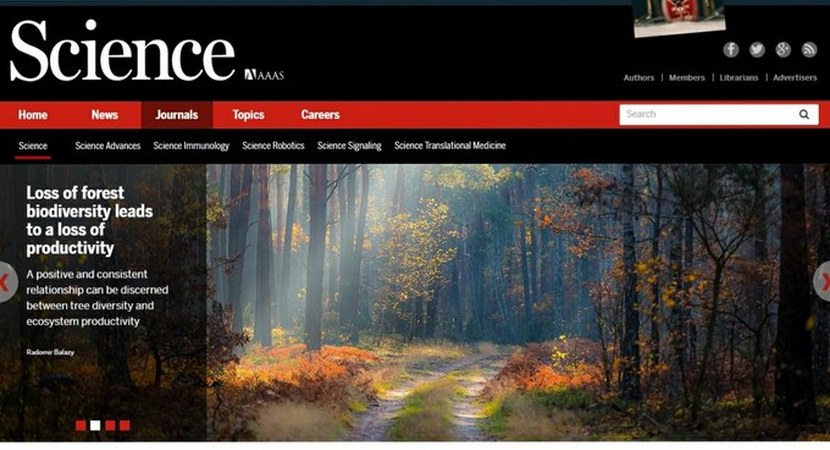Forest productivity depends on diversity
The latest Science magazine published the results of a study concerning dependency between forests’ biodiversity and their productivity.
A group of scientists from 44 countries and over 90 scientific institutions, including The Institute of Dendrology PAN (Polish Academy of Sciences), Warsaw University of Life Sciences, Forest Research Institute and University of Warsaw, indicated many economic benefits that biodiversity can bring on a global scale.
International researches were co-financed by the State Forests.
Researches were based on over 777 thousand areas all over the world, including the areas that have arisen while the implementation of various research topics. The developmental evidence analyzed within this project has been collected from more than 30 million trees, almost 9 thousand species located in 13 ecoregions.
The entire article is available on magazine’s website.
The analysis proves that the more diverse the species composition of forests are, the higher productivity of those forests is. Moreover, as it was observed this does not depend on the place where forests grow.
The group estimated that the impact of biodiversity on supporting only the forest productivity is worth 166-460 million dollars annually. This positive aspect alone is worth 20 times more than it is globally intended for nature conservation per year.
The positive and close relation between species diversity and ecosystems’ productivity can be noticed on the national, landscape and ecosystem levels. On average, 10 percent biodiversity impoverishment leads to 3 percent productivity diminishment.
The results of analysis indicated that single-species tree stands benefit mixed tree stands. The calculations presented in the article show that from the monetary perspective the importance of biodiversity in maintenance of forest productivity is over five times greater than financial outlays intended for active forest conservation on a global scale.
This discovery means that the value of biodiversity, strategy of forest management of particular countries as well as conservation priorities all over the globe should be re-verified.
The results published in Science magazine are the first in the world to prove this dependency, moreover, it is supported with a variety of developmental evidence. This dependency has been analyzed only from the theoretical perspective so far.






